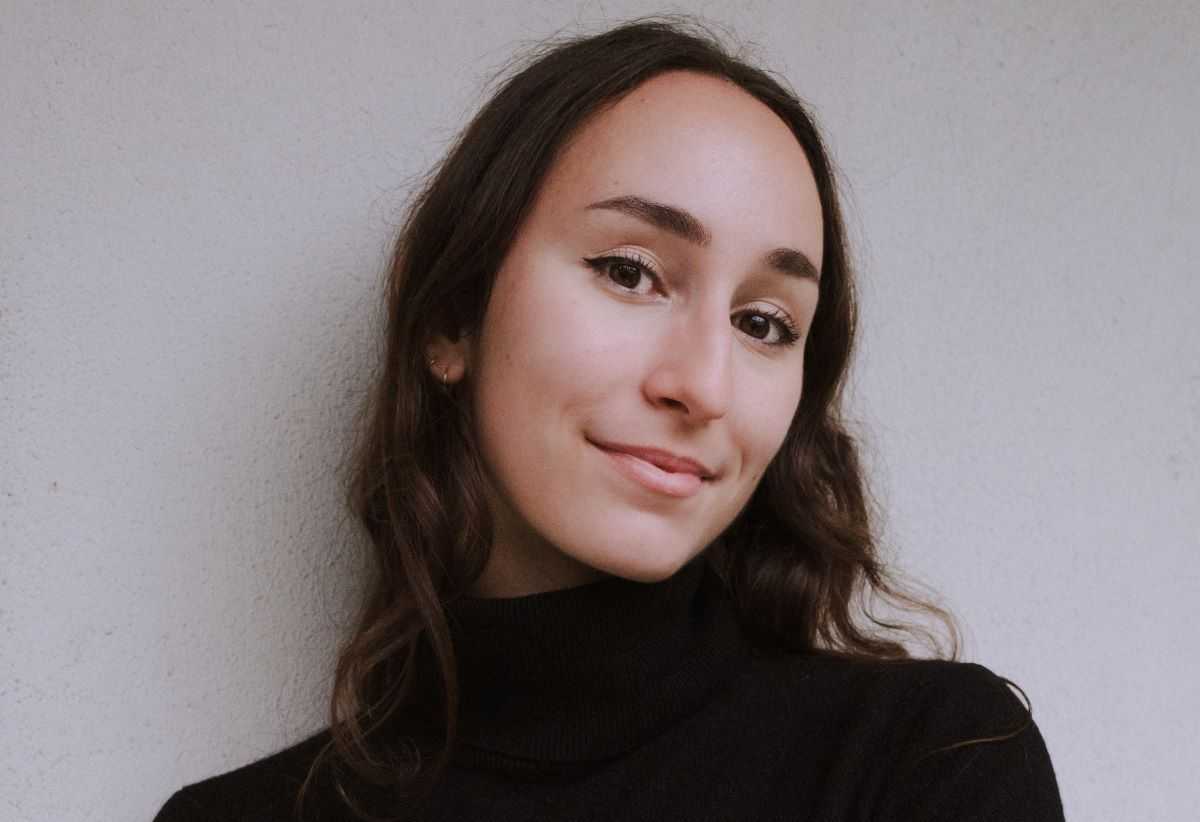Home>Chloé Villaret, Class of 2023

18.12.2024
Chloé Villaret, Class of 2023
Can you describe your academic and professional background?
I began my academic journey at the Europe-Asia campus of Sciences Po, as part of a dual degree program with the University of British Columbia in Vancouver. During my two years in Vancouver, I was fortunate to take courses related to health policies, and it was through these experiences that I was able to envision a career in public health, combining natural sciences and social sciences. I returned to Sciences Po to continue my studies in the Master’s program in Public Policy, specializing in Global Health, from which I graduated in 2023.
During my studies, I was able to complete a 6-month internship at the National Assembly, in the Social Affairs Commission, where I worked on the spread of mosquito-borne diseases, with a particular focus on overseas territories. This internship confirmed my interest in public health policies, especially the link between health and development. After a brief experience in a consulting firm, I went abroad to provide technical assistance to the governments of Cameroon and Cambodia on malaria and sexual and reproductive health.
Today, I have returned to France to join the Ministry of Health and Access to Care. I work at the Center for Health Crises as a mission officer for monitoring and health security, where I participate in managing health alerts or, when necessary, health crises.
What have been the key steps in the development of your professional project?
The discovery of a multidisciplinary approach to health during my dual degree allowed me to see how the teachings of social and human sciences could complement those of natural sciences. This discovery marked a turning point in the development of my professional project, as it made me realize that I could contribute to the development of health policies without necessarily being a doctor or pharmacist. Subsequently, my internship at the National Assembly allowed me to develop technical knowledge on mosquito-borne diseases, which are a priority issue for public health both in France and in many foreign countries. It is this knowledge gained during my internship that I was able to highlight to secure my first position in Cameroon, where I assisted the government in developing its malaria control strategy.
What are the characteristics of your current role at the Center for Health Crises at the Ministry of Health?
In my current role, I am responsible for receiving and regulating the hundreds of alerts that the Center for Health Crises receives each week. My job is to conduct an initial risk analysis to identify signals of interest for the Ministry. In practice, this can involve monitoring weather events that may disrupt healthcare services, epidemiological surveillance of infectious diseases abroad, or the evacuation and repatriation of French citizens hospitalized abroad.
What do you think your next challenges will be?
My next challenge will be to gain more technical expertise. While all profiles can contribute to the development of health policies and health security, it is generally necessary to have a base of technical knowledge related to health issues. In other words, to communicate with scientists (pharmacists, doctors, epidemiologists, etc.), one must speak the same language. I am keen to continue my professional development to strengthen my knowledge, for example, in epidemiology and biostatistics.
How has your training at the School of Public Affairs, and more specifically the Global Health specialization, contributed to the role you hold today?
The Master’s in Public Policy and its Global Health specialization gave me a comprehensive view of public health issues, particularly global health. This allowed me to identify the issues that interested me the most and to shape my professional project in that direction, while maintaining a multidisciplinary approach. This "360-degree" perspective is particularly useful in my current role, which involves taking a cross-cutting approach to risk analysis and anticipating the impact of health issues on populations in unexpected areas. However, the true added value of this Master’s in building my career has been meeting my professors, who come from different countries and sectors. Several of them have become mentors, with whom I maintain regular contact and who continue to advise me on my professional projects.
Do you have any advice for a student or recent graduate?
Do not hesitate to approach your professors. They are an endless source of experience and expertise and will be able to advise you on building your academic and professional path. Establishing a mentoring relationship with a professor is particularly useful, as they can introduce you to their network, recommend you for positions you apply for, or help you bounce back after a professional setback.
Cover image caption: Chloé Villaret (credits: Lina Petitjean)